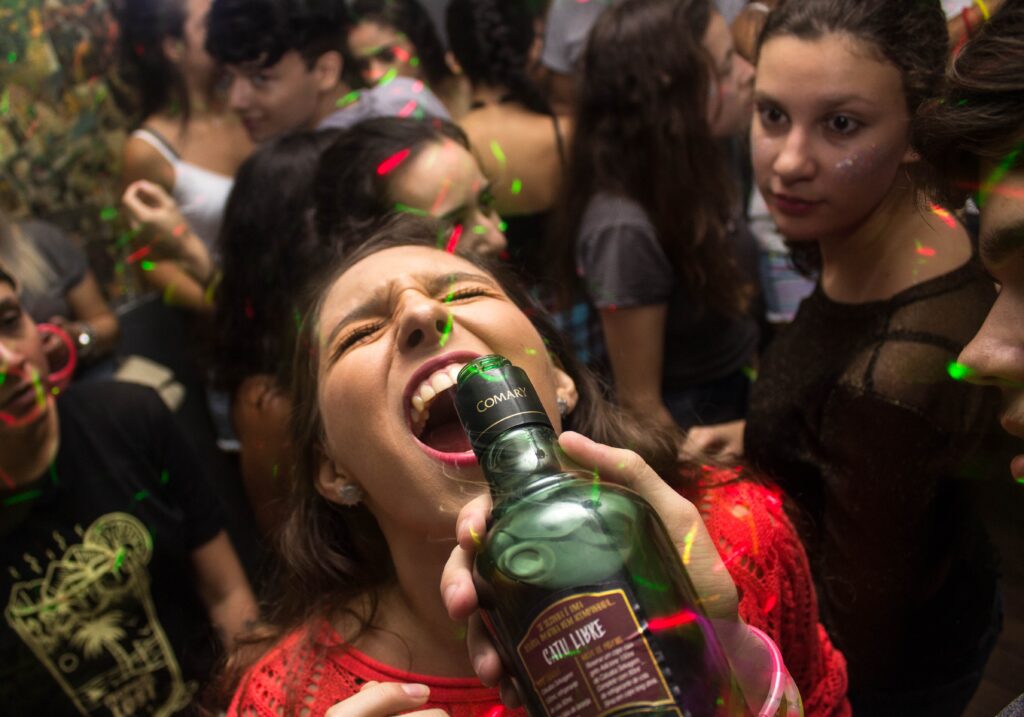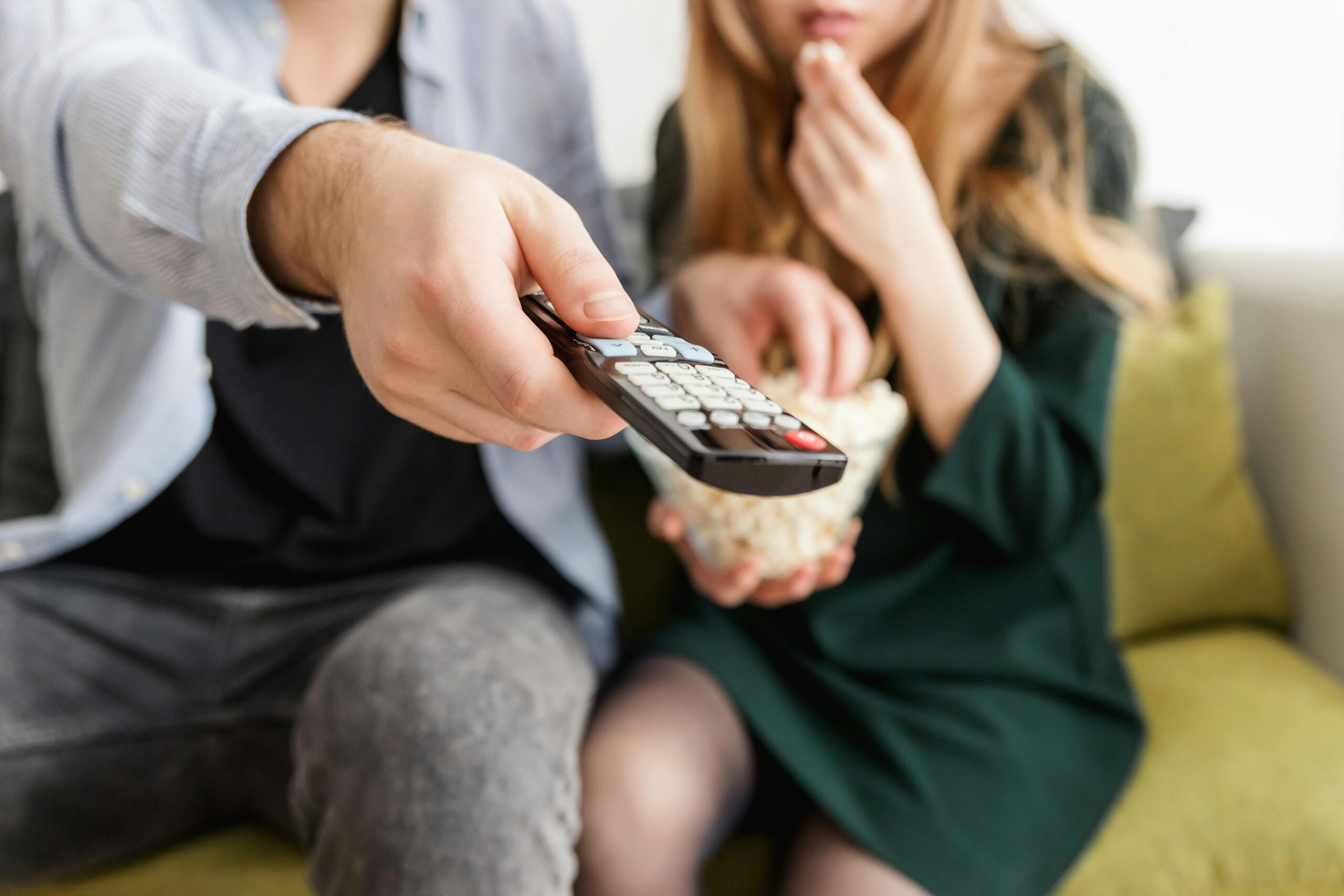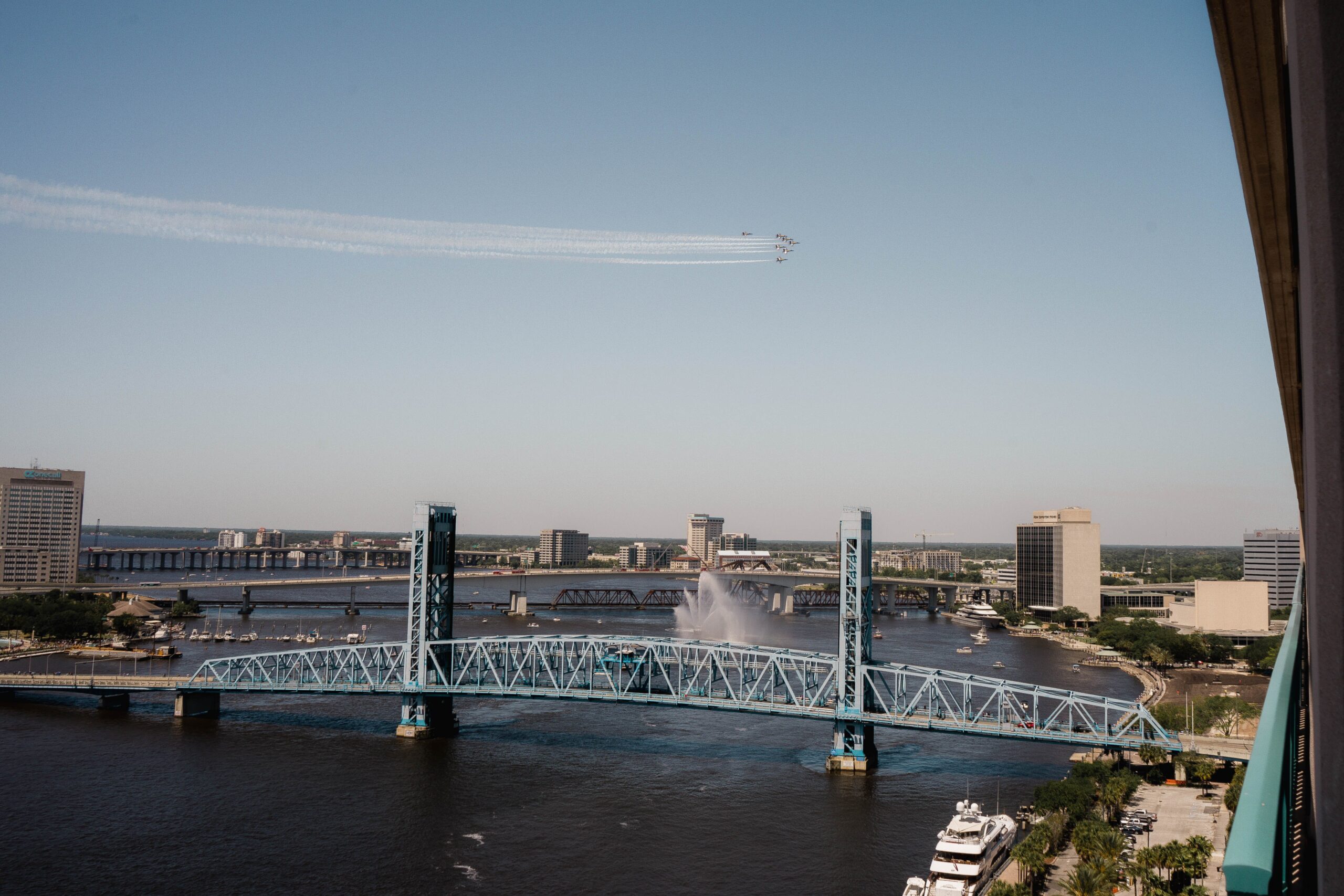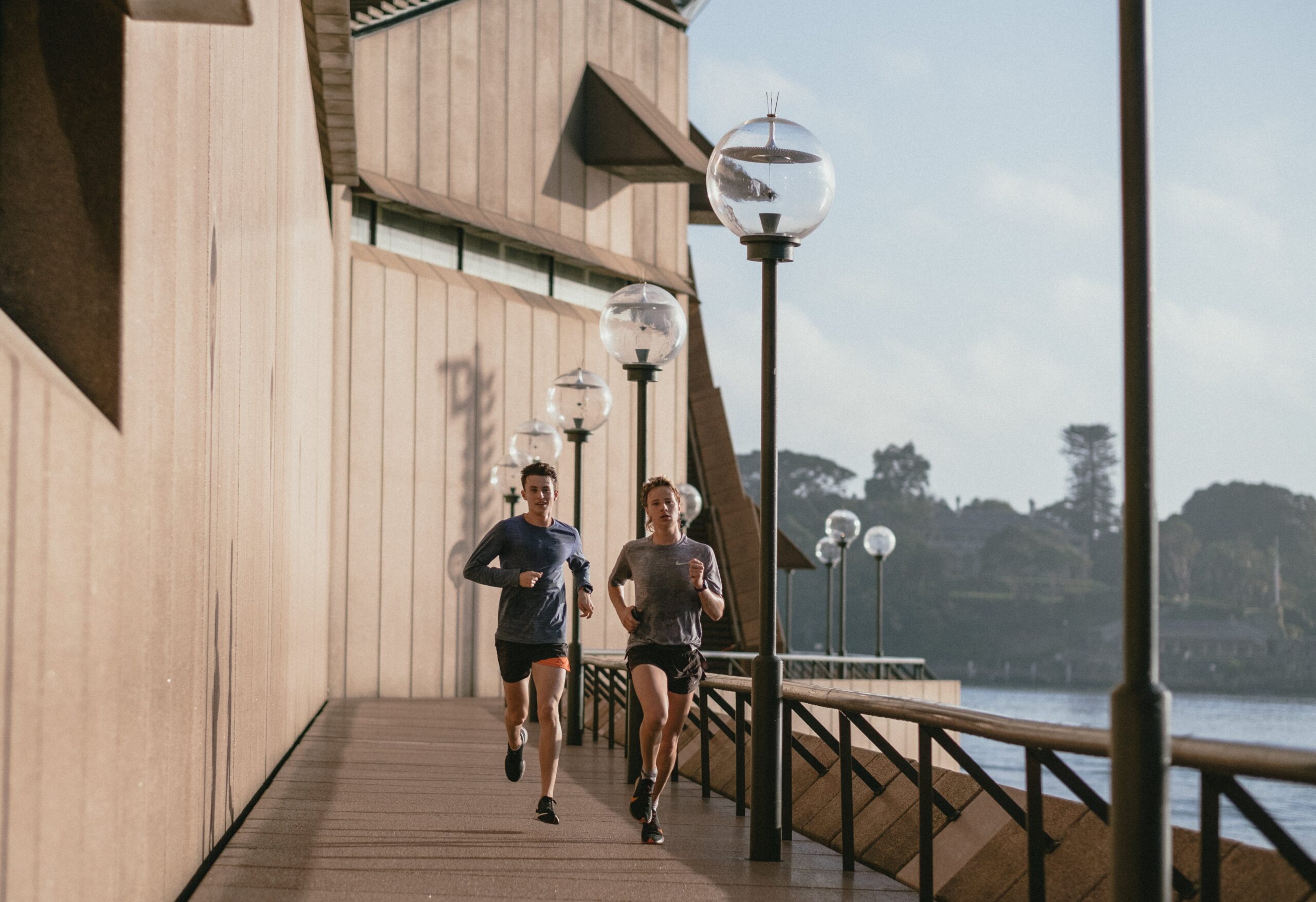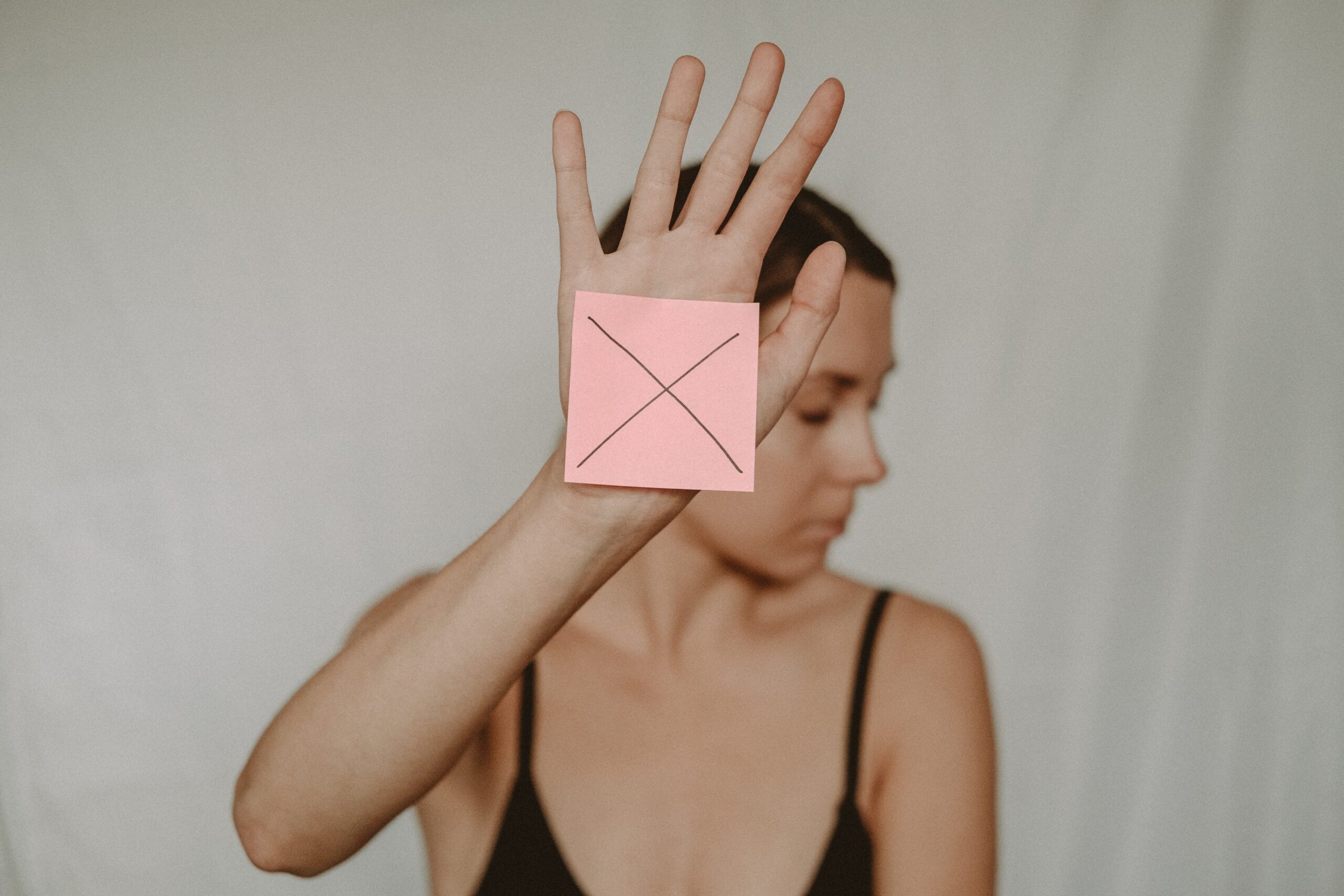Why does Thanksgiving drinking get a bad rap when it’s the preceding day that’s to blame. If the thought of missing out on a home-cooked Thanksgiving feast isn’t enough to keep your drinking at bay, I don’t know what is.
In this article
Blackout Wednesday: The Hidden Danger Before Thanksgiving
Thanksgiving is a time for gratitude, family gatherings, and reflecting on the blessings of the past year. Yet, the night before Thanksgiving, known as “Blackout Wednesday,” has become one of the most dangerous nights of the year due to excessive alcohol consumption and its resulting consequences.
What is Blackout Wednesday?
Blackout Wednesday, also known as “Drinksgiving,” gets its name from the heavy drinking that often takes place on this night. As college students and young adults return to their hometowns for the holiday, many choose to reunite with friends at bars or parties. The anticipation of a long weekend, coupled with the excitement of reunions, often leads to increased alcohol consumption. Let’s call it an extreme intake of your favorite holiday “spirit.”
The gatherings and alcohol consumption aren’t the problem in isolation. But when coupled with excessive alcohol consumption and getting behind the wheel, you greatly increase the risk of wreaking havoc. And not just on your life and that of your passengers, but also anyone in your path of destruction, not to mention their families and your own. According to the NHTSA, roughly 31% of all traffic crash fatalities in the U.S. involve drunk drivers (with BACs of .08 g/dL or higher). Sadly, these numbers are even more pronounced during the holidays, when excessive alcohol consumption spikes.
Blackout Wednesday Statistics
- Between 2017 and 2021, 137 drivers involved in fatal crashes on Thanksgiving Eve, which spans from 6 p.m. to 5:59 a.m., were found to be alcohol-impaired. In the year 2021 alone, 36 drivers were alcohol-impaired in fatal crashes on Thanksgiving Eve.1
- Between 2017 and 2021, the age group with the highest percentage (44%) of alcohol-impaired drivers involved in fatal crashes on Thanksgiving Eve was young drivers aged 21-24.1
- About one-third of motor vehicle traffic crash fatalities in the United States are a result of drunk driving, with the drivers having Blood Alcohol Concentrations (BACs) of .08 grams per deciliter (g/dL) or higher. In 2021, drunk-driving crashes led to the deaths of 13,384 people.1
- It is illegal nationwide to drive with a BAC of .08 g/dL or higher, except for Utah, which has a lower limit of .05 g/dL.1
- Despite the illegality of driving under the influence of alcohol, one person lost their life every 39 minutes in 2021 due to a drunk-driving crash on American roads.1
- The prevalence of alcohol impairment among drivers in fatal crashes was 2.8 times higher at night than during the day in 2021.1
- Men are more likely than women to be intoxicated while involved in fatal crashes; 22% of males were drunk in such crashes in 2021, compared to 17% of females.1
The Concern with Blackout Wednesday
One of the primary concerns surrounding Blackout Wednesday AKA Drinksgiving is the spike in drunk driving incidents. With many revelers making the ill-advised decision to get behind the wheel after a night of heavy drinking, the roads become a hazardous place for all.
Additionally, excessive alcohol consumption can have dire health consequences, including alcohol poisoning, injuries from accidents or fights, and long-term effects on mental health. With alcohol being a depressant, many individuals might also experience heightened feelings of sadness or anxiety, which can be incredibly challenging during a holiday that emphasizes joy and gratitude.

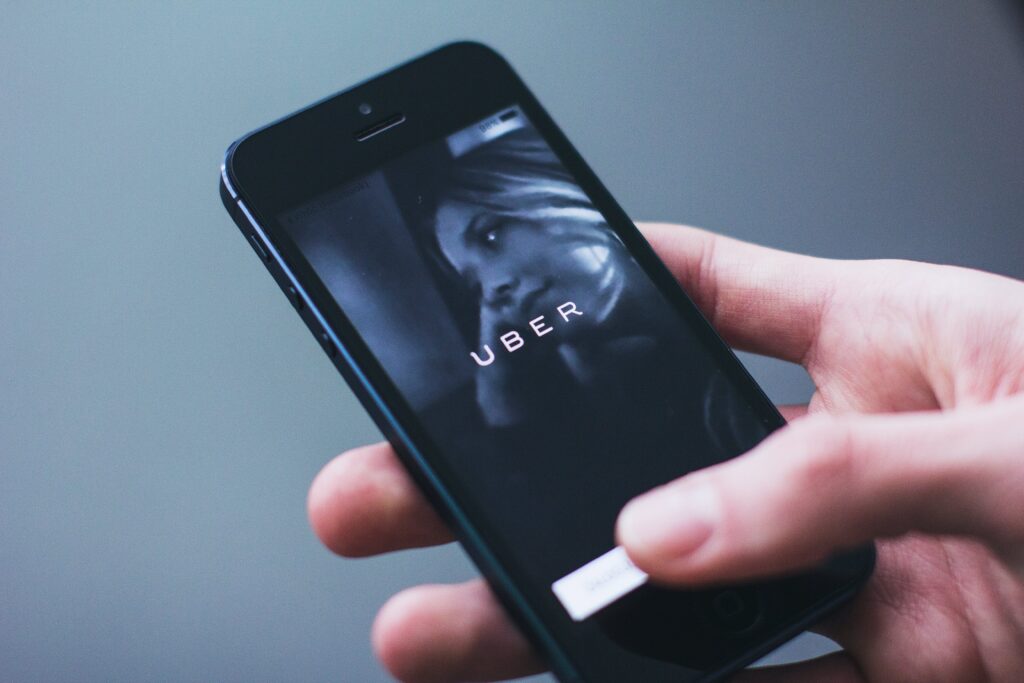
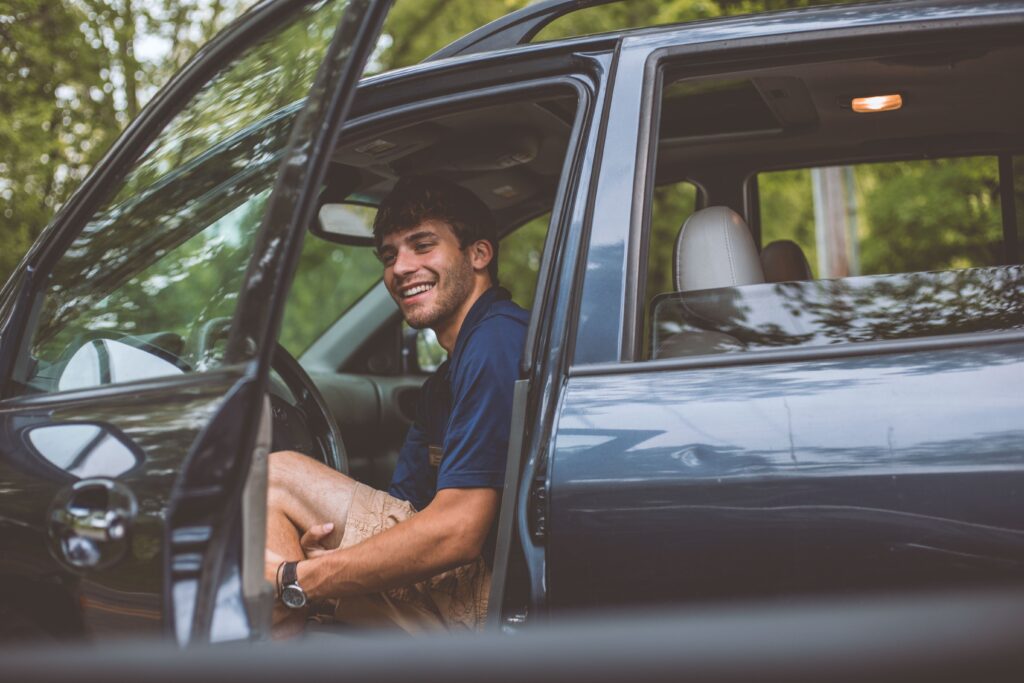
Staying Safe on Blackout Wednesday
- Plan Ahead: If you plan to partake in festivities, designate a sober driver in advance or arrange for alternative transportation such as a taxi, ride-hailing services like Uber or Lyft, or a trusted friend or family member.
- Know Your Limits: Remember, it’s okay to decline a drink. It’s essential to know your limits and stick to them.
- Stay Hydrated: Alternating between alcoholic beverages and water can help reduce the amount of alcohol you consume and keep you hydrated.
- Look Out for Each Other: If you’re out with friends, have a plan to check in with each other throughout the night. If someone seems overly intoxicated, help them get home safely. Help a friend out.
There are very few urban areas in the lower 48 states that do not have either cabs or ride-hailing providers to serve the community. The cost of the average Uber is significantly less than the cost of getting a DUI, not to mention the far-reaching and tragic impact of anyone who gets hurt or, worse, killed.
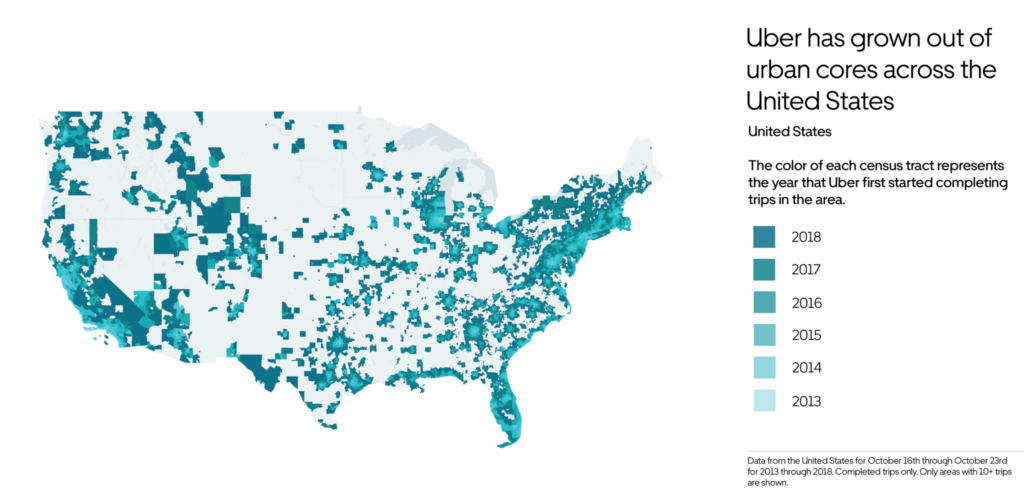
Image Credit: Jonathan Wang’s Article: Uber Across The United States
Raising Awareness and Seeking Help
Awareness is a crucial step in curbing the dangerous trends associated with Blackout Wednesday. By understanding the risks and making informed decisions, individuals can enjoy a safe and memorable Thanksgiving holiday. It’s important to keep in mind there is a spike in Holiday drunk driving incidents beyond the Thanksgiving time frame, which see an increase across other holidays as well.
If you or someone you know struggles with alcohol dependence or is seeking mental health treatment, Mental Health Providers offers alcohol rehab resources and guidance to help.
Remember, seeking help is a sign of strength, not weakness, and the holiday season is an ideal time to prioritize health and well-being.
References:
1 Traffic Safety Marketing Blackout Wednesday AKA Drinksgiving Facts

